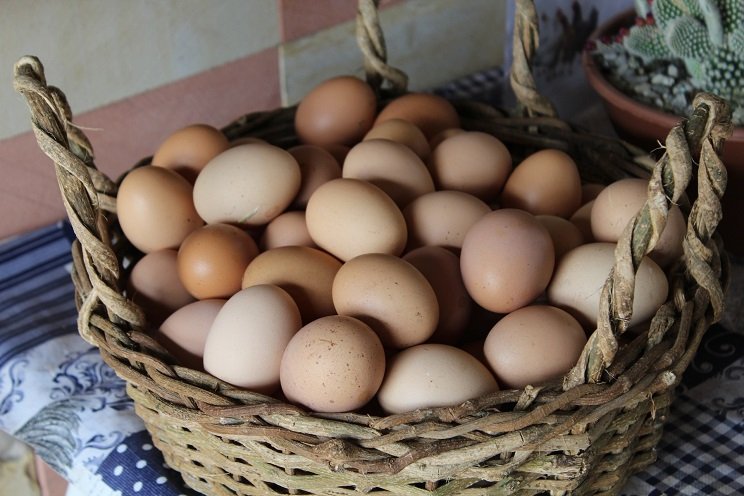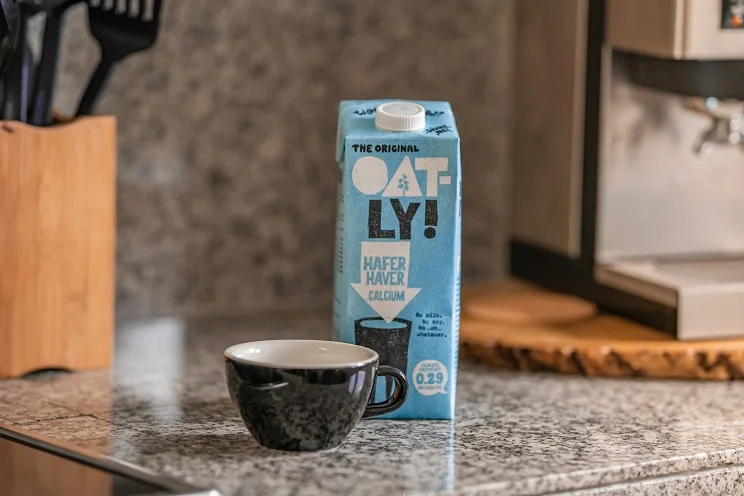From the joyful morning purrs to the soothing lap naps, cats undoubtedly brighten our lives. As cat owners, we are always seeking ways to improve our feline friends’ health and happiness. One question that often comes up is, “Can cats eat eggs?”
This article delves into the topic to provide a comprehensive answer.
Understanding Cats’ Dietary Needs
Cats are obligate carnivores, meaning their primary diet consists of meat. They require a high intake of animal protein, supplemented by certain fats, vitamins, and minerals. This is where the idea of feeding eggs to cats comes into the picture. Eggs are a rich source of protein and other essential nutrients. But does that mean they’re good for cats? Let’s explore.
The Nutritional Profile of Eggs
Eggs are a powerhouse of nutrition. They’re packed with high-quality protein, healthy fats, and a wide range of vitamins and minerals. Here’s a breakdown of the main nutrients in a typical egg:
- Protein: Eggs are one of the highest quality sources of protein, providing all the essential amino acids that cats need.
- Fat: The yolk of an egg contains healthy fats, which are crucial for cats’ energy and overall health.
- Vitamins: Eggs are rich in vitamins such as A, B2, B12, D, and E, all beneficial for cats’ health.
- Minerals: Eggs provide a good amount of iron, selenium, and zinc, promoting hemoglobin production, immune health, and collagen synthesis, respectively.
Given this rich nutrient profile, it’s clear that eggs could be a valuable addition to a cat’s diet. But how should they be served, and in what quantity?
Serving Eggs to Cats
If you’re thinking of adding eggs to your cat’s diet, it’s important to serve them correctly. Cats can eat both the egg white and the yolk. However, eggs must always be fully cooked before feeding them to your cat.
Preparing the Egg
You can prepare the eggs in various ways – scrambled, boiled, or fried. However, remember to keep them plain. Avoid using any oil, butter, salt, or other seasonings as these could be harmful to cats. Also, ensure the egg is cooked to an internal temperature of 160°F to kill any potential bacteria.
Quantity to Serve
Eggs are nutritionally rich but they should not form the majority of your cat’s diet. They’re best served as a treat or supplement to their regular diet. A safe serving size would be a small piece of an egg (about a tablespoon) added to their normal food. Always start with a small amount and watch for any adverse reactions.
Potential Risks of Feeding Eggs to Cats
While eggs can be a healthy treat for cats, they also come with certain risks. Here are some things to be mindful of:
Risk of Salmonella
Just like humans, cats are susceptible to Salmonella, a type of bacteria that can cause food poisoning. This risk is associated with raw or undercooked eggs. That’s why it’s crucial to always serve eggs fully cooked.
Avidin in Raw Egg Whites
Raw egg whites contain a protein called avidin, which interferes with the absorption of biotin (vitamin B7). Biotin is essential for healthy skin and a shiny coat in cats. Cooking the egg destroys avidin, eliminating this risk.
High Fat Content
While the fats in eggs are generally healthy, too much can lead to obesity and other health problems in cats. The yolk, in particular, is high in fat. If your cat is overweight, it might be best to stick with egg whites.
Can Kittens Eat Eggs?
Yes, kittens can eat eggs, too. However, given the limited calories kittens need each day, it’s not the best option. Instead, ensure they get the nutrition they need from a balanced kitten food.
Can Cats Eat Eggshells?
Believe it or not, eggshells can also be consumed by cats. They’re a great source of calcium, which is essential for bone health. However, they should be finely crushed and sprinkled over their regular food to prevent choking.
The Verdict: Can Cats Eat Eggs?
Yes, cats can eat eggs, but only as a supplement to their regular diet. Eggs are a rich source of protein and other essential nutrients, making them a nutritious treat for cats. However, they should always be fully cooked and served plain, without any seasonings or additives.
Remember, every cat is unique and may react differently to eggs. Always start with a small amount and monitor your cat’s reaction. If in doubt, consult with your veterinarian to determine the best dietary choices for your feline friend.
Additional Tips
Here are a few more tips to keep in mind when feeding eggs to your cat:
- Always use fresh eggs to minimize the risk of Salmonella.
- Avoid feeding your cat raw eggs. The risks associated with raw eggs far outweigh any potential benefits.
- If you choose to feed your cat eggshells, make sure they’re finely crushed and thoroughly washed to remove any bacteria.
- Always consult with your veterinarian before making any significant changes to your cat’s diet.
Conclusion
In conclusion, eggs can be a healthy addition to your cat’s diet when served properly. They provide a host of nutrients and can be a tasty treat for your feline friend. However, like any food, they should be introduced slowly and served in moderation. Always consult with your vet if you have any concerns or questions about your cat’s diet. After all, maintaining a balanced diet is key to keeping your cat healthy and happy.




